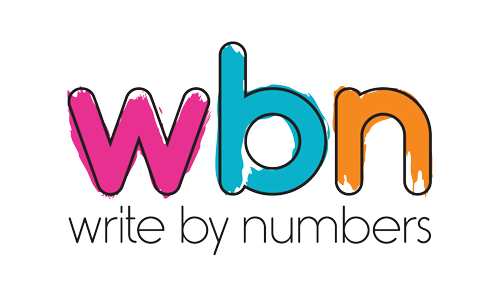Over on the Guardian Theatre Blog Tim Etchells discussed what makes an audience cry (or indeed laugh) and it couldn’t help get me thinking about my own experience.
Let’s get one thing straight: I’m a crier. There are very, very few people in my life who haven’t seen me cry. In my living room, in the cinema, on buses, in trains, in the middle of darkened streets, I’ve cried in buildings I’ve worked in, in front of people I really shouldn’t have and during pretty much every year that Tim Henman lost at Wimbledon in some close-fought five setter. So why, given my prediliction for crying at adverts and Neighbours and even, Lord help me, reality television show auditions, do I cry so rarely in the theatre?
I can count on one hand the number of times I’ve cried in a theatre this year (which might sound excessive but when you count up the number of times I’ve cried whilst reading things on the internet then you might realise that it’s somewhat out of proportion). Oddly enough two of the five times I’ve cried have been in the last couple of weeks (see, you open up the dam and this is what happens).
The first show to get me was Almost 10 at the Pleasance Courtyard during the Edinburgh Fringe and the reason it had me sobbing into my hands was just how unexpectedly its narrative changed. I’d come to expect one thing and then it took me somewhere else entirely, with barely a pause as what I’d thought was entirely a comedy that made me cringe with the memory of being a nine year old girl turned itself into a tragedy that looked you in the face so unflinchingly that I could do nothing but face it and cry.
Next up, Simon Stephens’ Pornography at the Tricycle (yes, we had some fun tweeting that one) when it wasn’t the actual production which got the tears rolling (though it did kick me in the stomach and left me with the feeling that this is an absolutely incredible play) but the footnotes on those who died during the 7/7 bombings which were projected at the end of the play. I sat, hardly able to read them as they flashed by so quickly and were obscured by set and moving audience members and techies beginning the clear up, and felt the tears begin. But this was hardly theatre (indeed, in what was really my only criticism of the production, the projections seemed more of an afterthought, and I was slightly horrified that all but maybe ten or eleven audience members left before the end of them), this was starkly, vividly real life. And it was for real people, not fictional ones, that I cried that night.
I cried during a performance once more last week but that was something rather different: during Michael Nyman’s The Musicologist Scores at the Royal Albert Hall. There’s something about such music that I can’t (and hope I never can) fully express that pierces me and makes me cry for reasons I can’t quite catch. It’s the same thing that captures me in the best of Wayne McGregor‘s choreography, when I cry for everything and nothing.
Of course, some times, the money moment gets me in theatre as much as it will get me in a film like Titanic (oh, yes, we could have a long conversation about how much that film makes me sob but it would be rather embarrassing for both of us). I’ve seen Blood Brothers enough times to be able to pretty much get up on stage and take over from a Nolan should Bill Kenwright need me to. But every time, Willy Russell pushes those buttons and I cry. Same with Les Miserables. But there’s part of me that, though I enjoy it, I rather resent the button-pushing nature of it, oh cue every time. It doesn’t take me by surprise in the manner that Nyman, or even Almost 10, did.
Neither am I immune to a bit of good acting and some rather good writing – David Tennant had me sobbing, tears dripping down my nose, the second time I saw him play Hamlet (but not to anywhere near the same extent either the first or the third time).
Maybe Etchells is right and there rarely is the space to cry at theatre, the reverse side of that, however, is that unlike all those other things that make me cry when theatre does I remember it explicitly. And that, I suppose, is what makes it a little bit more special.
